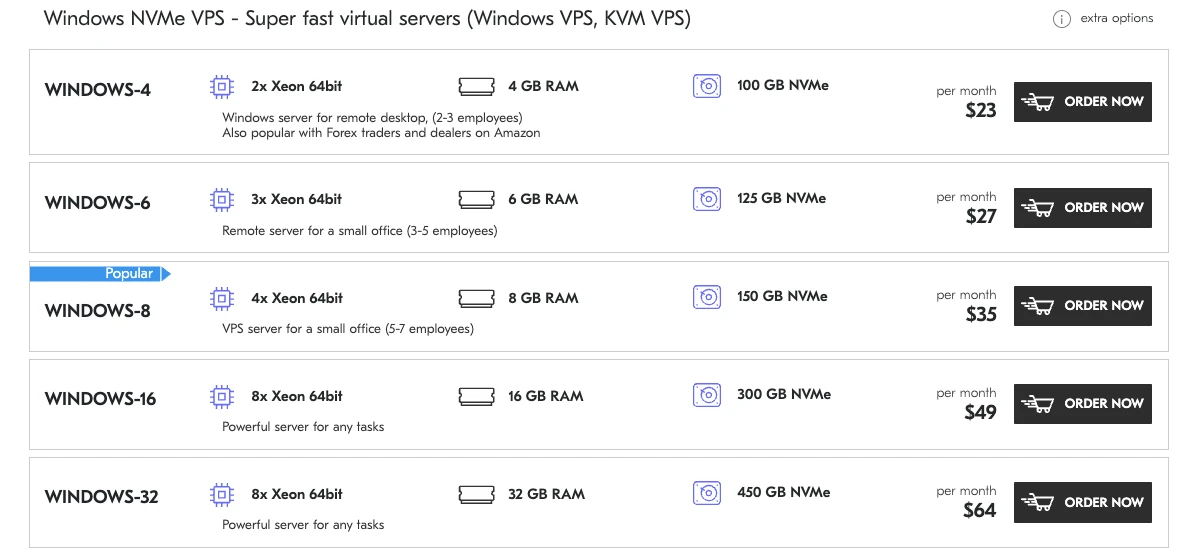Let’s be honest. When you’re launching a startup — whether it's a revolutionary app that changes how people order tacos (true story) or a marketplace for handmade dog sunglasses — money's tight. And by tight, I mean every dollar counts. You cut corners, repurpose IKEA boxes as furniture, and your first “office” is probably just your kitchen table (or your bed, no judgment). So when it comes to hosting, throwing hundreds of bucks at a dedicated server? Uh, no thanks.
But what if I told you there’s a middle ground?
Not shared hosting, which often feels like renting a single drawer in a stranger’s crowded closet. And not some huge server that costs more than your co-founder’s rent. I’m talking about VPS — a virtual private server.
Now, before your eyes glaze over — I get it, “server talk” can sound like a boring IT webinar. But stick with me. VPS might actually be the solution that saves your budget and your sanity.
So, what exactly is VPS — and why should you care?
Imagine this. You live in an apartment building. Shared hosting? That’s like sharing one big apartment with ten people and one bathroom. A VPS, on the other hand, is like having your own apartment — sure, the building is shared, but your space is private. You can decorate it, slam doors, host your cat’s birthday party — whatever. No one’s business but yours.
And here's the kicker — it feels like you’ve got your own server, but you’re only paying a slice of the full price. Not bad, huh?
Real example time
A friend of mine, Lena, launched a small SaaS project. Nothing huge at first — a time-tracking tool for freelancers. She started on shared hosting because, well, it was cheap. Fast forward two months and her users were complaining: the app was slow, some features randomly stopped working, and her hosting support replied once every three days. Classic.
Then she switched to a VPS. Performance shot up, complaints disappeared, and she even started sleeping better (okay, that part might not be scientific, but still). The best part? It cost her around $8/month. That’s less than a streaming subscription, and unlike binge-watching shows, a VPS actually helped her business grow.
But what if I’m not “techy”?
Good question. You’re building a product, maybe hustling for investors, maybe doing customer support at 2 a.m. You don’t want to spend hours configuring Linux servers, right?
The good news is — many VPS providers offer managed VPS. That means they handle the technical bits: security patches, updates, backups, the whole scary server voodoo. You get the power without the headache. Win-win.
And if you are techy (or have that one friend who “likes messing with servers”), then an unmanaged VPS gives you full control. You can set it up exactly the way you want. Like building a LEGO castle from scratch, but for your app.
Scalability — your silent business partner
Here’s something else. A decent VPS grows with you. You start small — maybe one CPU core, a gig or two of RAM. Then your user base explodes (congrats!), and you just upgrade. No painful migrations, no downtime drama. It’s like your apartment magically expands as your furniture collection grows.
Compare that to shared hosting, where you hit the “resource limit” wall and everything just… breaks. Not fun. Especially when you’re trying to impress early adopters or — gulp — investors.
Okay, but is it expensive?
Short answer: not really.
Most entry-level VPS options start at around $5–10/month. That’s a burger and a soda. You’ll find Ukrainian providers (yep, I checked) that offer solid performance, SSD storage, and even DDoS protection within that range. Names like DeltaHost pop up — they’re known for reliable VPS hosting with flexible plans.

Here’s the link if you’re curious:
👉 https://deltahost.ua/vps.html
Of course, prices go up if you need more power. But that’s the point — you pay as you grow. No need to overcommit on day one.
A few “but what ifs” before we wrap up
- What if I need Windows, not Linux?
That’s fine. Many VPS hosts offer both. Though Windows servers might cost a bit more (thanks, Microsoft licenses), it’s totally doable. - What if I need help migrating my project?
Many hosts offer migration support. Ask first, though. Some do it for free, some charge a fee, and some… well, ghost you. - What if I outgrow my VPS?
Then it’s time to celebrate. That probably means your startup’s taking off. When that happens, you can move to a dedicated server or even the cloud. But trust me, you’ll know when that moment comes.
Final thoughts (and a small pep talk)
Look, I’m not saying VPS is a magical potion that guarantees startup success. But it is a smart, flexible, and affordable tool. Especially when you’re juggling priorities, fighting bugs, and trying to keep your team (or just yourself) sane.
It’s like having your own digital home base — one that doesn’t cost a fortune and doesn’t crash just because someone else on the server decided to host a llama fan forum.
So, if you’re launching your dream project, building your MVP, or just testing the waters — give VPS a shot. You’ve got enough on your plate. Let your hosting be one less thing to stress about.
And who knows? One day, you might look back and say, “That cheap little VPS — that was the beginning.”